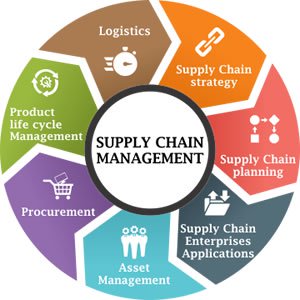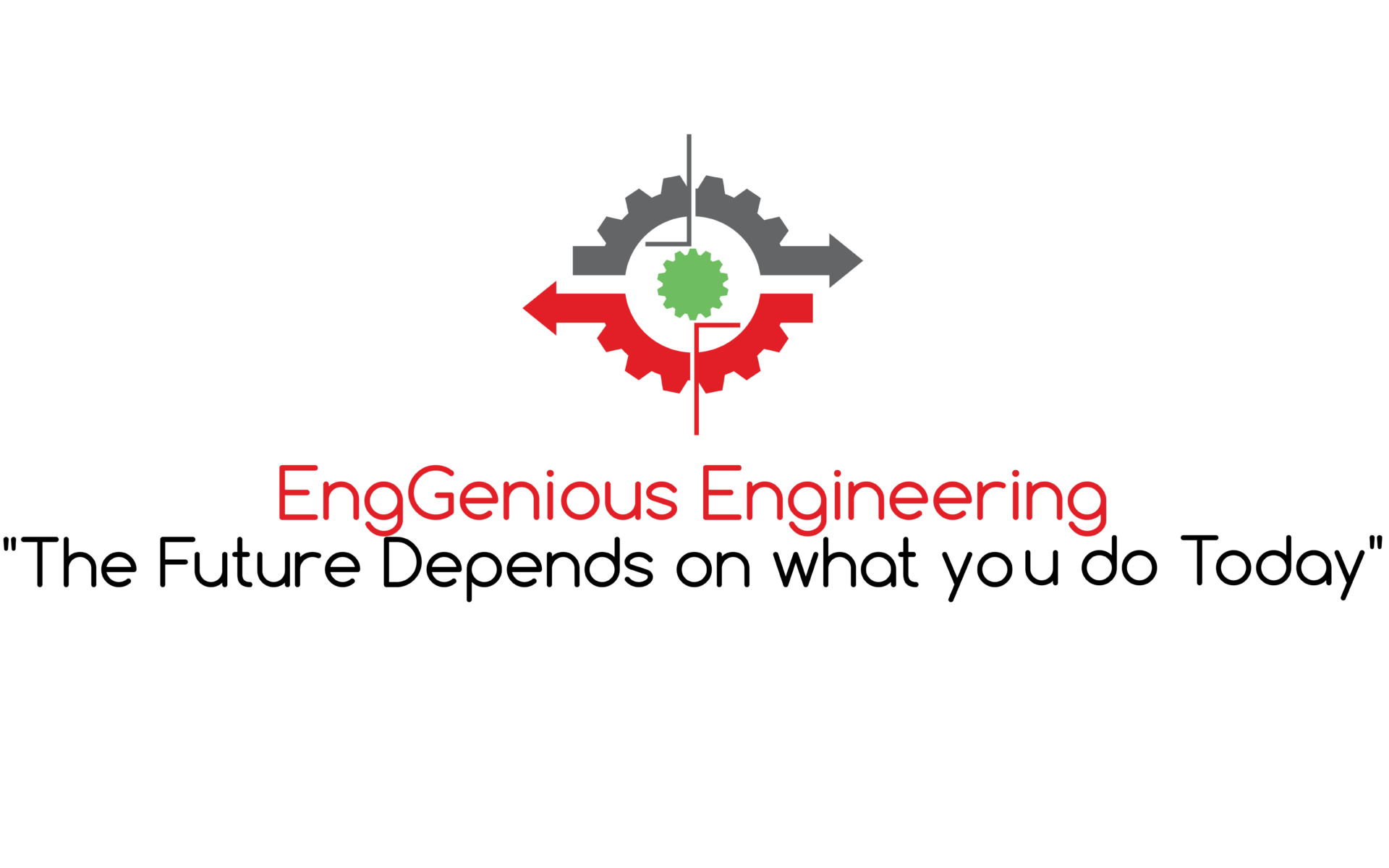Procurement “is the process of getting the goods and/or services your company needs to fulfill its business model. In the overall supply chain process, procurement stops once your company has possession of the goods, while supply chain management is the extensive infrastructure needed to get you those goods.

• Value for money;
• Open and effective competition;
• Ethics and fair dealing;
• Accountability and reporting;
• Equity.
• Transparency;
• Integrity;
• Economy;
• Openness;
• Fairness;
• Competition;
• Accountability.
are some of the fundamental principles of public procurement.
Procurement refers to all of the tasks involved in obtaining the optimal product from the optimal vendor, on optimal terms.
That said, procurement involves processes that occur before a purchase is made, as it is made, and after the actual transaction has been completed.
• Defining your organization’s needs;
• Conducting research on solutions offered by potential suppliers;
• Determining which of your options poses the best opportunity for success.
• Negotiating terms with your chosen supplier;
• Creating a purchase order;
• Fulfilling your end of the agreement.
Finally, procurement on the other side of the purchase will have your company engaging with your suppliers repeatedly and more intensively over time, both for purchasing and other reasons.
Similarly to supply chain management, procurement focuses on the context behind the business you do with your vendors, allowing you to move forward in the most mutually-beneficial way possible.
